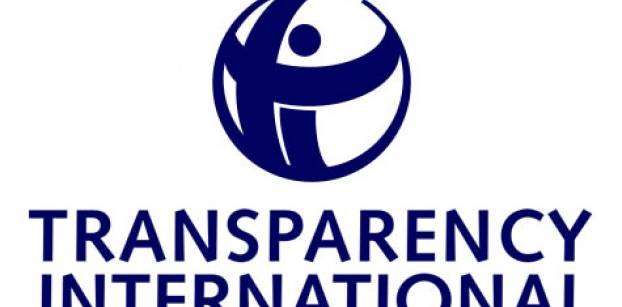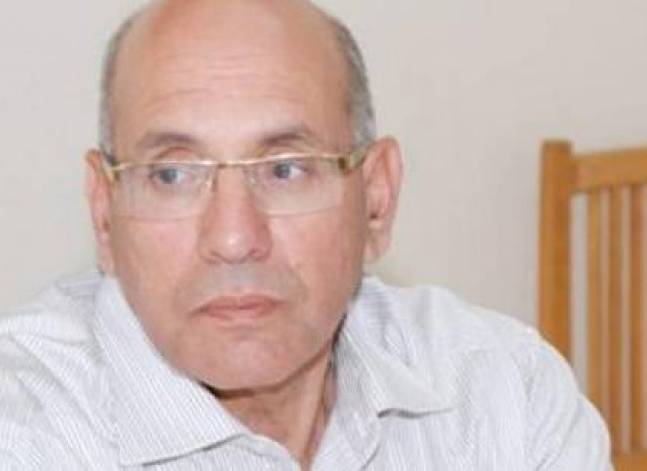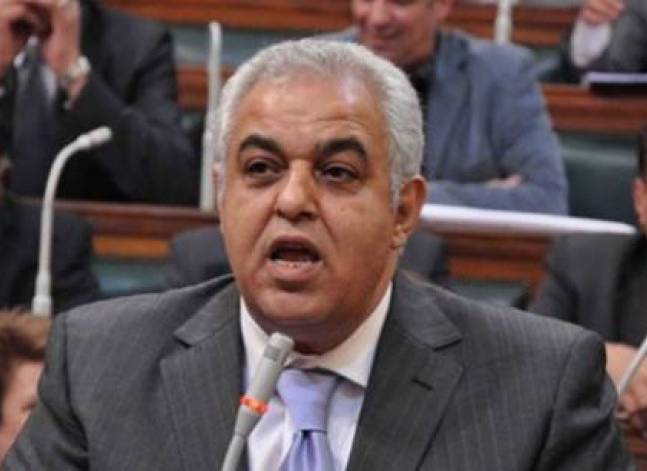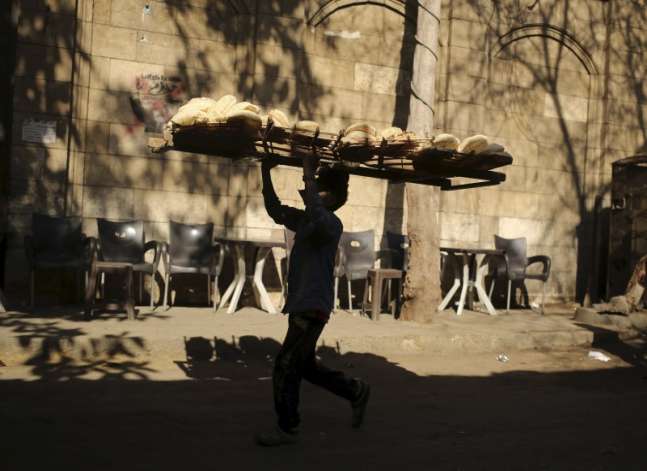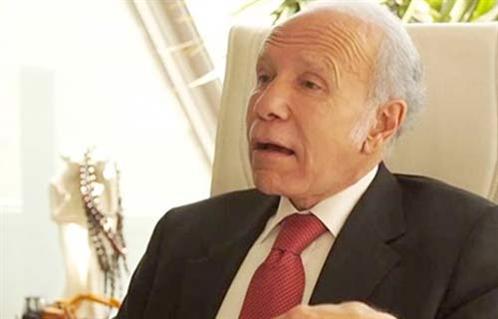Latest NEWS
- Aswat Masriya, the last word
- Roundup of Egypt's press headlines on March 15, 2017
- Roundup of Egypt's press headlines on March 14, 2017
- Former Egyptian President Hosni Mubarak to be released: lawyer
- Roundup of Egypt's press headlines on March 13, 2017
- Egypt's capital set to grow by half a million in 2017
- Egypt's wheat reserves to double with start of harvest -supply min
- Roundup of Egypt's press headlines on March 12, 2017
Around half of Egyptians pay bribes to access basic needs - report
CAIRO, May 3 (Aswat Masriya) – Around half of the Egyptian population resort to paying bribes to access the basic services they need, anti-corruption watchdog said in a report on Tuesday.
The report by Transparency International is based on a survey on corruption in the Middle East and North Africa (MENA) region in 2016. Egypt recorded the highest corruption level after Yemen, which pushed 77 per cent of its residents to pay bribes in exchange for basic services.
Despite the high corruption level in Egypt, only 28 per cent of Egyptians believe that corruption is growing in their country while 61 per cent from the people in the MENA region see that it has increased in their countries.
Transparency International spoke to more than 10,000 respondents in the region during the time period between Sept. 2014 and Nov. 2015.
The corruption watchdog says that Egypt “performs very badly in the area of public sector bribery, showing one of the highest bribery rates for the region.”
Based on the outcome of the survey, one quarter of the Egyptian population believe that either most or all of the public sector is corrupt. The highest corruption level is recorded in the courts sector.
About 45 per cent of Egyptians pay bribes when issuing personal ID cards, voting cards or license, while about 43 per cent pay bribes when dealing with the police.
Despite what Egyptians incur in paying bribes when dealing with government agencies, a higher percentage of Egyptians agree on the corruption of the private sector, and not the public sector, as 38 per cent believe that most or all of the private sector's executive managers are corrupt.
According to Transparency International, Egyptians believe that senior state officials have cleaner hands and blamed people lower in the hierarchy of being responsible for corruption.
Only 12 per cent of the respondents believe that the Prime Minister and presidency officials are corrupt. The report noted that the survey conducted in Egypt asked about “officials in the presidency” rather than the “President and officials in his office” and “Court officials” rather than “Judges and magistrates”.
According to the survey, 53 per cent of Egyptians believe that ordinary people can make a difference in fighting corruption, while a sizable minority feel disempowered.
The report urged civil society organisations to "work with youth and women in specific," and it called for "targeted national and regional campaigns to fight corruption."
Egypt ranked 88 out of 168 countries in Transparency International's Corruption Perception Index 2015, with a score of 36 on a scale where 0 means highly corrupt and 100 means very clean. The 2015 score represents a slight deterioration from the year before when Egypt's score was 37.

